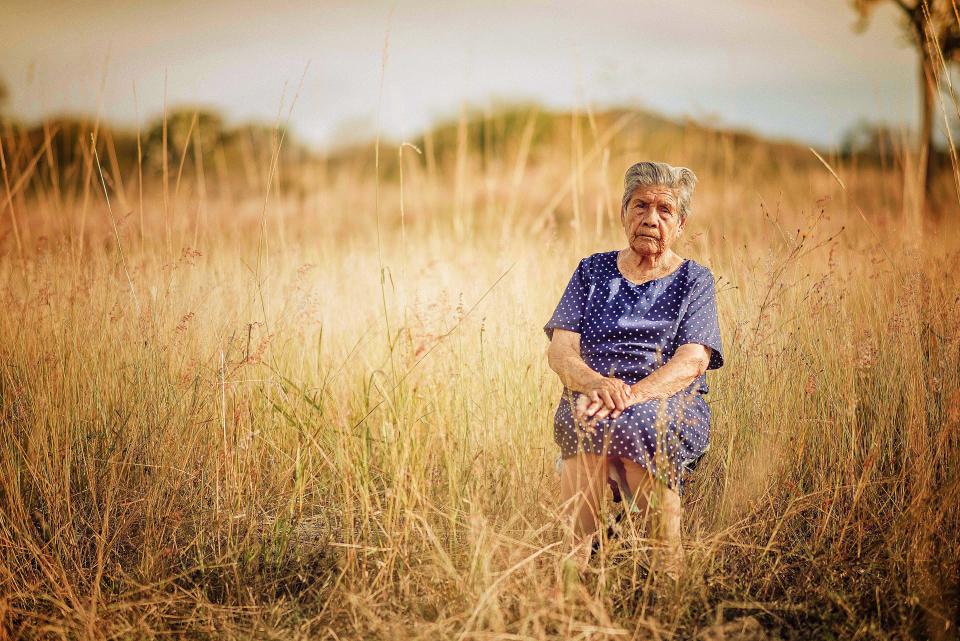Phytoestrogens are plant-based oestrogens that have the ability to mimic oestrogen in our body. This topic is confusing because phytoestrogens can act as both an agonist and antagonist against oestrogen, meaning they can increase or decrease our oestrogen levels. Phytoestrogens can act as an endocrine (hormone) disruptor, although they are natural, so they are weaker than synthetic ones like BPA, additives and pesticides (known as xeno-oestrogens).
The health effects of phytoestrogens may be dependent on the gut microbiome of the individual. Research suggests that phytoestrogens may be more beneficial for people of Asian descent, as they evolved eating phytoestrogenic foods. And vice versa, less beneficial for caucasian people, as they did not evolve eating phytoestrogenic foods.
Soy is the highest plant source of phytoestrogens. The western diet contains large quantities of soy, as it is found in most processed foods. Soy is found in the form of tofu, soy milk, soy oil and many packaged foods. Small amounts of phytoestrogens are found in many plant foods including edamame, flaxseeds, oats, barley, lentils, sesame seeds, yams, alfalfa, apples, carrots, pomegranate, coffee, hops and beer.
Fermented soy boasts more health benefits than ordinary soy. Tempeh, miso and natto are examples of fermented soy. Fermented soy contains beneficial strains of probiotics, which effectively makes it a fermented food.
Like most things, everything in moderation. My recommendations are different depending on gender and age. Fermented soy is always preferred.
I generally do not recommend soy for men. A small amount occasionally is fine, however, definitely not daily. Hormone related problems are common in vegetarian males.
Women can get away with slightly more soy than men. Again, I do not recommend it daily as a primary source of protein or milk substitute.
I recommend including soy for peri and post-menopausal women. During this time, women experience a drop in oestrogen when their ovaries switch off production and their adrenals take over primary production. At this age, research shows phytoestrogens to preserve bone density and prevent against oestrogen-sensitive cancers e.g. breast, ovary and cervical.
The most significant thing I have learnt about menopause, is that it is a Western condition. It is rarely experienced in parts of the world, where they adhere to their traditional diet and lifestyle. Some cultures do not even have a name for the cluster of conditions that we have labelled a health disorder. I believe that if we optimise our nutrition and lifestyle, this life process can be a smooth transition.




